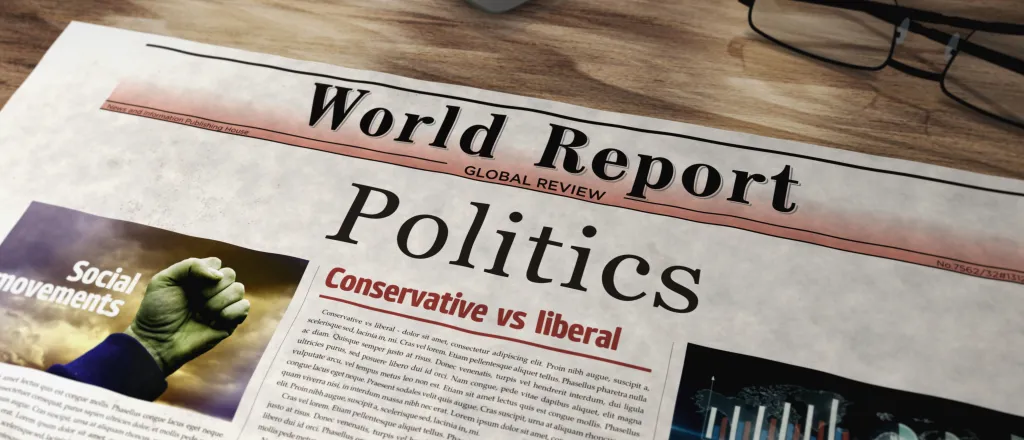
Politics: 2025Talks - July 2, 2025
© Arkadiusz Warguła - iStock-1890683226
Politics and views in the United States.
Senate Republicans pass megabill after overnight wrangling. Trump calls for deportations of U.S. citizens who've committed crimes, despite the unpopularity of current ICE actions, and Supreme Court may lift some campaign cash limits.
TRANSCRIPT
(chattering)
Welcome to 2025 Talks, where we're following our democracy in historic times.
With this legislation, we're fulfilling the mandate we were entrusted with last November and setting our country and the American people up to be safer, stronger, and more prosperous.
Majority leader John Thune and Senate Republicans are giving President Donald Trump's agenda a huge push forward by passing the big, beautiful bill after 27 hours of debate.
Vice President J.D. Vance had to cast the tie-breaking vote extending tax cuts mostly for the wealthy and cutting a trillion dollars from Medicaid and other healthcare programs to pay for them.
Alaska Republican Lisa Murkowski was on the fence, but ultimately voted yes.
She calls the process agonizing, but says she hopes the legislation will still be improved.
Do I like this bill?
No, because I tried to take care of Alaska's interests, but I know that in many parts of the country, there are Americans that are not going to be advantaged by this bill.
The mega bill now goes back to the House for what party leaders say should be quick approval.
But University of Illinois political scientist Brian Gaines says the fact that it's barely passed either chamber leaves its future uncertain.
We've seen the House being pretty unruly lately, and it's a very small margin for the Republican majority.
So I think there's a lot of suspense about what the House is going to do next.
This is not yet the time for a victory lap.
Democrats vow they'll use the mega bill to win back seats in Congress in next year's midterms.
It includes dramatically more funding for immigration enforcement, but a new Marist poll says more than half of US adults believe that's already going too far.
Trump visited a planned migrant detention center in the Florida Everglades Tuesday.
While at what's being called Alligator Alcatraz, he called for the deportation of US citizens who have committed crimes, which would almost certainly be illegal.
A new study in The Lancet is confirming other research that millions of people will die because of the dismantling of USAID.
Secretary of State Marco Rubio said the agency's gains were too few and costs were too high.
But The Lancet study says more than 14 million will die over the next five years from untreated HIV/AIDS, malaria, and tuberculosis.
The White House says Israel has agreed to a 60-day Gaza ceasefire, although Hamas hasn't signed on yet.
Meanwhile, the international humanitarian community is calling for ending the US-Israel-backed Gaza Humanitarian Foundation.
The Supreme Court will take up a case challenging limits on Super PAC's ability to coordinate with federal candidates, including for president.
Hilary Brosseth with watchdog Open Secrets says the current limits on how political parties can spend campaign cash are why billions in anonymous dark money flows to shadowy outside groups.
What we might end up seeing is more donors now giving large sums of money directly to the parties and being able to coordinate directly with them.
I'm Alex Gonzalez for Pacific and American Public News Service.
Find our trust indicators at publicnewsservice.org.
















